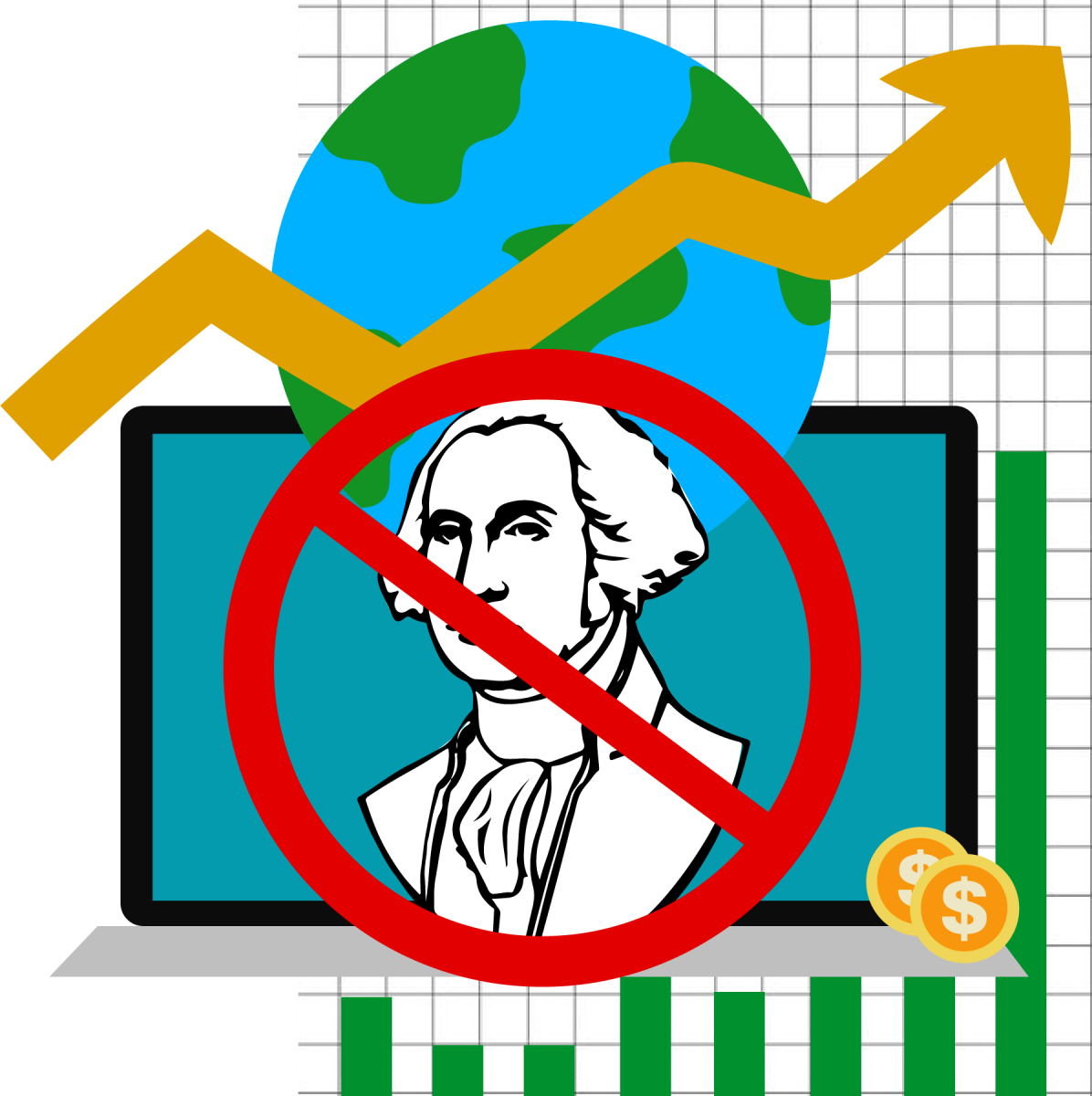The U.S. government has proven itself time and time again to be a contradictory, self-serving institution uninterested in the “by the people, for the people” ideology upon which its foundations were built. These words have garnered an air of hilarity about them rather than the integrity intended in their initial recording. Politicians are more associated with the superficial nature of cheap infomercials than defenders of democracy.
It is because of consistent power abuse that these ideologies regarding the U.S government’s questionable integrity have perpetuated. There are many advantages legislators today enjoy that arguably should not be available to them, as they are to the people they serve. Advantages like investing in the stock market not only provide representatives, senators and the like with financial upper hands bordering on insider trading, but also endanger any vestige of ethicality left in the legislative system in the self-interest this luxury provides to lawmakers.
Some may say Congress members should be completely banned from investing in the stock market as the only way to ensure ethical law practice in the U.S government — and this argument may have some serious merit.
On April 4, 2012, former President Barack Obama signed the “Stop Trading on Congressional Knowledge” or STOCK Act into law. The legislation was intended to prevent insider trading by prohibiting Congress members and employees of Congress from performing any actions within the stock market based on non-public congressional information.
This act also requires those within its reach to publicly disclose all stock market transactions they make to prevent unlawful activity.
While the establishment of this law appears reputable on paper, the unfortunate truth is that it cannot entirely regulate investment actions of senators and representatives. Instead of accountability, all this act has achieved is providing the public with ample reason for outrage regarding the blatant financial advantage those supposedly responsible for fair conduct within the U.S. enjoy.
Regardless of professional responsibility, government officials harbor private lives, habits and interests. The government is a self-regulating organization. It is not a far cry to suggest that unethical investment activity may occur without remark should those responsible for identifying such crimes also want to participate.
Several instances of suspicious investment activity at the hands of Congress members have triggered red flags amongst the public since the establishment of the STOCK Act, suggesting its shortcomings and only fueling the mistrust among the public surrounding legislators.
One particular period of troublesome trading happened just before the Centers for Disease Control and Prevention, a bureaucratic agency, announced the COVID-19 outbreak as an official health emergency. Mere weeks prior to the declaration, dozens of Congress members from both the House and Senate began making stock transactions.
Conveniently, they sold shares in companies unsuited for remote lifestyles — like restaurants — and invested in those better adjusted for the interaction conditions that were about to fall upon U.S. residents. The shares traded through these transactions ended up totalling around $150 million — money the impending market crash would have no doubt negatively affected, had it gone untouched. Following a classified briefing on Jan. 24, 2020, just one week before the CDC announcement, four senators specifically engaged in suspicious trades totaling around $1.2 million.
These transactions were so obviously dubious that several were investigated by the U.S. Department of Justice for insider trading violations. It is no secret that during the official pandemic, businesses all over the country endured the turbulent waters of the U.S.’s economic state. Plagued by rightful isolation mandates, many experienced permanent closure. One does not have to dig deep to connect the dots as to why these officials may have wanted to sell their stock before national panic set in.
This is just one example of hundreds, if not thousands, of alleged STOCK Act violations since the law’s inception, and the actions themselves are not even the most shocking aspect of the practice. What is even worse than the crime of blatant insider trading is the punishment offenders receive as a consequence.
Congress members failing to meet deadlines for disclosing summaries of their annual investment transactions are fined around $200, and there is no publicly reported punishment for those who strictly violate the STOCK Act altogether. This comical penalty equates to peanuts compared to the amount of money these government officials acquire through alleged insider trading, and the lack of overall transparency leaves many to wonder if it is an allusion to a much larger, systematic issue involving the self-policing nature of the government.
Citizens caught participating in insider trading can face consequences of up to $5 million in fines and a 20-year prison sentence. Though it is unclear what the consequence for a federally entrusted offender of the same crime faces, it can be assumed that it is likely a slap on the wrist compared to the alternative.
The most disquieting issue in allowing Congress members to invest, however, is not even embedded simply in financial advantage. The reason why this practice is so particularly dangerous for U.S. residents is the fact that it provides these senators and representatives with personal motivation regarding the establishment of our laws.
Even without utilizing private congressional knowledge while trading, the very idea of allowing these government officials to be financially implicated in the stock market at all gives them the self-interest to legislate in ways aligning with their financial investments, rather than with the greater good of the U.S.
A legislator with large investments in certain corporations and goods may be motivated to use their power to keep those investments valuable–even at the expense of what is best for those they represent. These are actions that affect all U.S. residents — even in small towns like Boone — solely for the benefit of a single person in power.
The U.S government needs to foster a federal system in which ethical practices are held to the highest standard. Legislators, in an ideal world, would be individuals acting in the interest of the people they serve, not for themselves.
There is no possible way in which any government official, including those employed within the bureaucracy, can ethically participate in the stock market. It may be time for the country’s so-called ‘self-regulating’ system to finally hold itself accountable once and for all and prohibit federal officials from investing in the stock market entirely.



